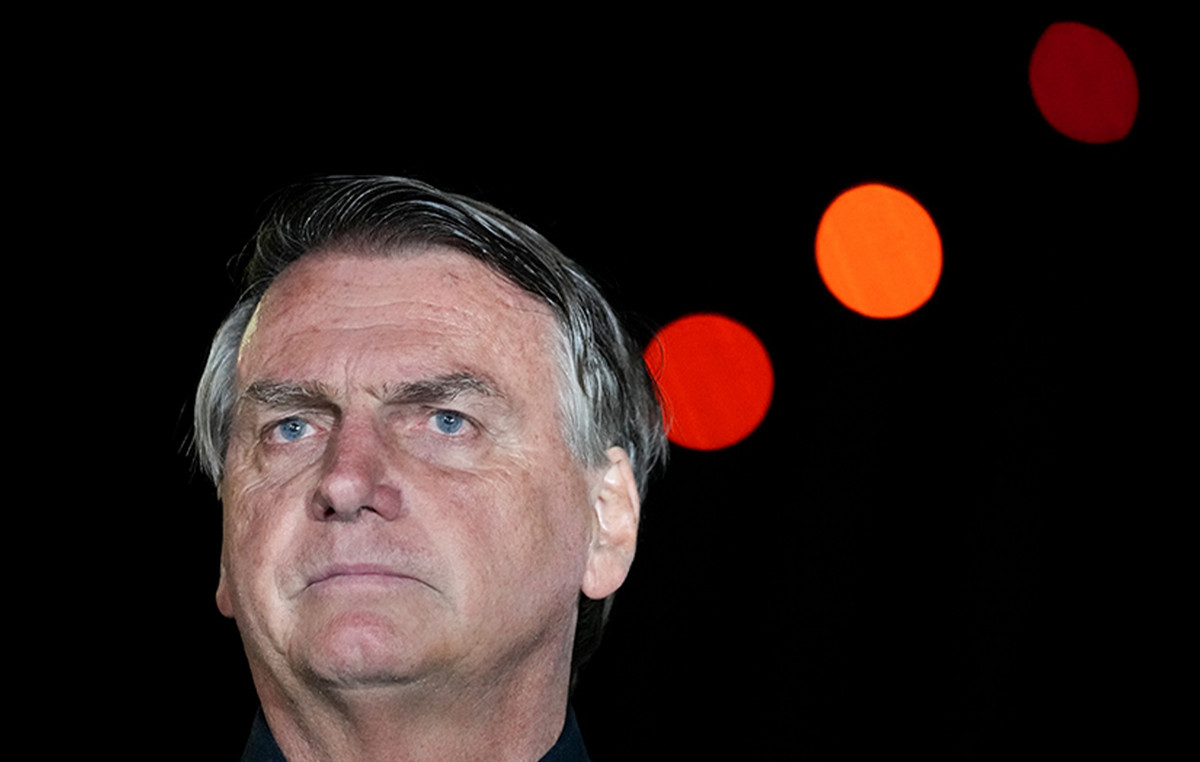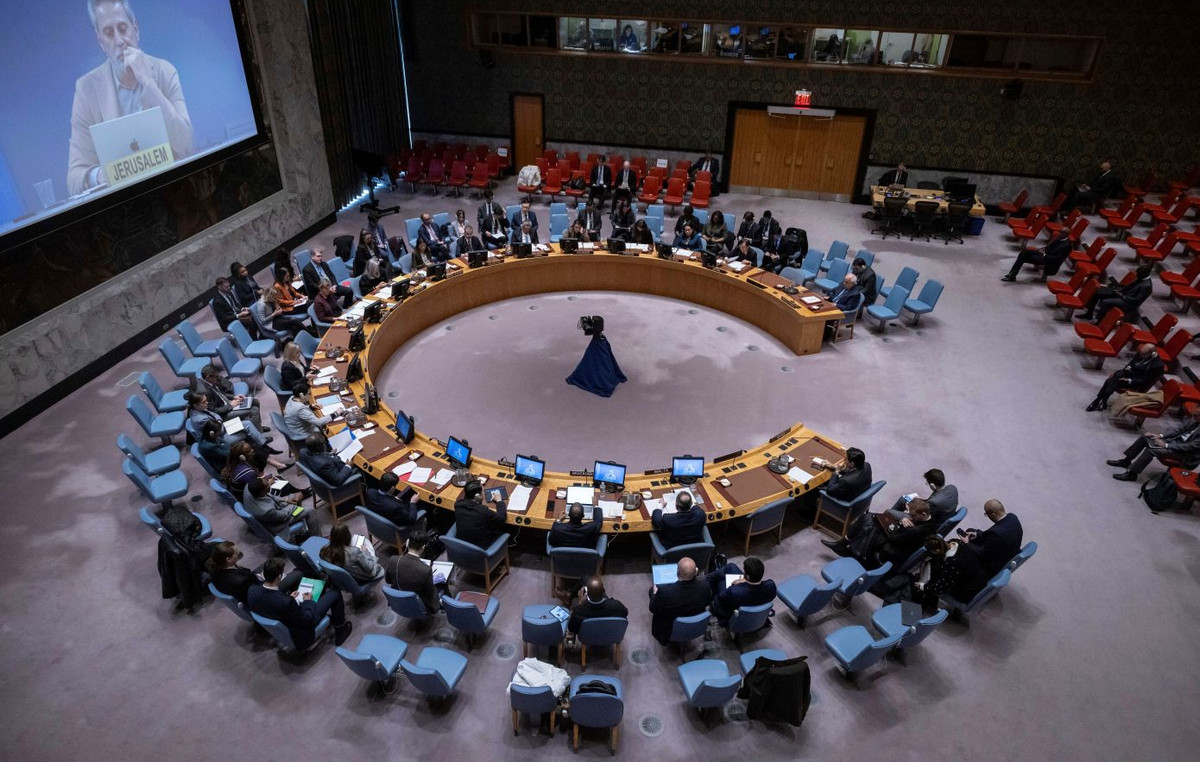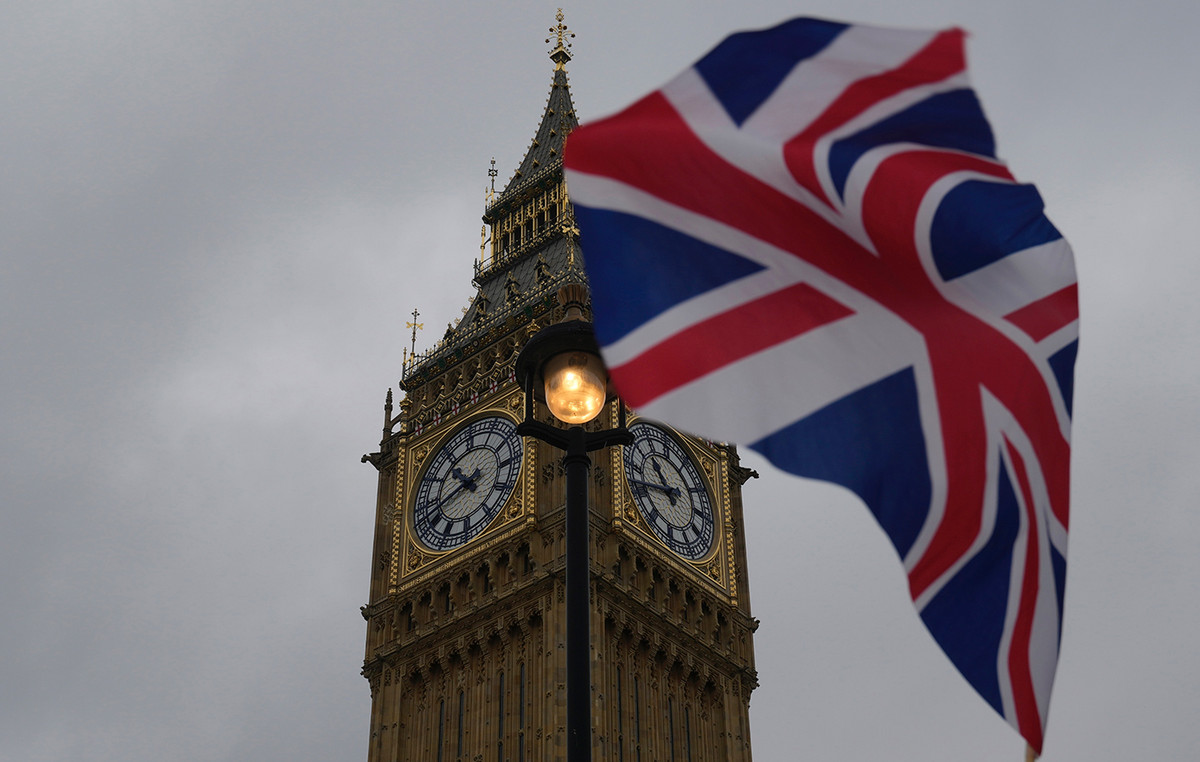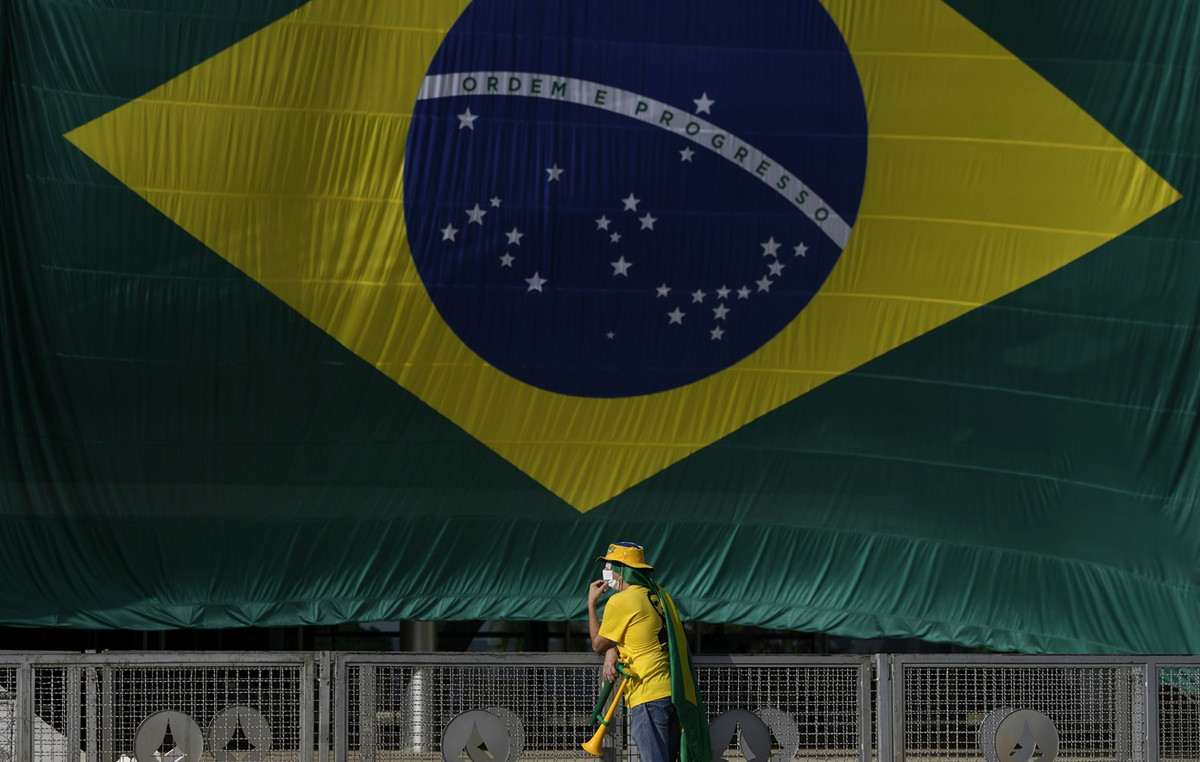The official launch of Donald Trump and JD Vance’s Republican presidential campaign ticket this week has been closely watched by governments around the world for clues about what a return to an “America First” foreign policy might look like — including by the world’s second-largest economy.
Vance, a freshman senator from Ohio, repeatedly mentioned China — and what he described as its negative impact on the U.S. economy — as he presented his own life and views at the Republican National Convention on Wednesday (17), when he accepted the nomination to be Trump’s vice presidential candidate.
Like his running mate, JD Vance said policies over the past decades supported by President Joe Biden and “disconnected politicians” in Washington have resulted in the US being “flooded with cheap Chinese goods, cheap foreign labor and, in the coming decades, deadly Chinese fentanyl.”
“We will build factories again… together, we will protect the wages of American workers and stop the Chinese Communist Party from building its middle class at the expense of American citizens,” Vance said.
The comments, which were one of the few direct references to foreign nations during the nearly 40-minute speech, came in a week in which Vance and Trump have shown signs of how their administration would shape U.S. policy and relations with China — and the U.S.’s partners in Asia.
That has drawn attention in the region, where the countries’ ties with the US are starting to look different if power changes hands in November’s elections.
Beijing has already indirectly called for moderation in rhetoric, with a Foreign Ministry spokesman repeating on Tuesday and Wednesday that Beijing “opposes making China an issue in the U.S. election” when asked about recent statements by Trump and Vance.
“Biggest threat”
Vance has already rattled allies in Europe by sharply criticizing U.S. support for Ukraine as it tries to defend itself against Russia. Like Trump, he has also repeatedly criticized NATO and its European members for not spending enough on defense. That view was praised by Russia’s top diplomat on Wednesday.
“He (Vance) advocates peace, an end to aid. We can only welcome this, because in fact it is necessary to stop arming Ukraine, and the war will end,” Russian Foreign Minister Sergey Lavrov said.

Part of Vance’s skepticism about supporting Ukraine lies in his view that a much more pressing danger to the U.S. is being ignored. Vance was quick to name China as the “greatest threat to our country” in an interview with Fox News on Monday (15) as the Republican convention got underway.
The war in Ukraine must be ended “quickly” so America can focus on “the real issue, which is China,” he said.
The vice presidential candidate has also argued in recent months that the U.S. supply of air defense systems to Ukraine could harm its ability to help defend Taiwan — if China attacks the self-governing island.
Vance does not have the “China hawk” credentials of other potential running mates Trump has reportedly considered, such as Florida Sen. Marco Rubio, and vice presidents can have varying levels of involvement in foreign affairs.
But Trump’s choice of the 39-year-old senator is seen by some observers as reinforcing a hard line on China – a stance Beijing is likely watching closely.
The former president reshaped American policy toward Beijing during his four years in office — even while professing to “respect” and “like” China’s autocratic leader Xi Jinping — by launching a technology and trade war and portraying China as a rival whose success comes at the expense of the United States.

U.S. President Joe Biden has largely maintained — and more recently expanded — Trump’s tariffs on a wide range of Chinese goods. He has made countering what Washington says is a security threat from China a cornerstone of his foreign policy even as he works to stabilize communications with Beijing.
All things considered, “the Chinese administration is (likely) planning for scenarios and contingencies with alarm for the possible return of an administration even less interested in cooperation and engagement than the current Democratic administration,” said Brian Wong, a fellow at the Center on Contemporary China and the World at the University of Hong Kong.
View on Taiwan
Another issue Beijing is watching closely is how these candidates frame their stance on Taiwan, the self-ruled democracy that the Chinese Communist Party claims as its own despite never having controlled it.
In an interview this week with Bloomberg Businessweek, Trump said Taiwan “should pay us for defense,” according to a transcript released by the outlet on Tuesday (16).
The former president also suggested that the US would have difficulty defending the island because of its distance, saying “Taiwan is 7,700 miles away. It’s 68 miles from China.”
The United States maintains unofficial relations with Taiwan, under which it provides the island with the means for its defense. Taipei has been buying weapons from Washington for decades and last year received American aid for arms support for the first time.

Meeting between Antony Blinken, US Secretary of State, and Qin Gang, Taiwanese diplomat / CNN/ Reproduction
While there can be a great deal of latitude between campaign rhetoric and policy once an administration is in office, Trump’s comments stand in stark contrast to those of Biden, who has been a staunch advocate of supporting Taiwan and maintaining peace in the Taiwan Strait.
They have also drawn the attention of Beijing and Taipei. China’s Foreign Ministry, which has long criticized U.S. arms transfers to Taiwan, said on Wednesday that “the Taiwan question is purely China’s internal affair and brooks no external interference.” And in Taipei, Premier Cho Jung-tai insisted that Taiwan was willing to take more responsibility for its defense and peacekeeping.
“We are willing to do more in our shared responsibilities regarding the Taiwan Strait and the Indo-Pacific region. This is for our own defense and to ensure our own security,” Cho said.
But observers are skeptical that Trump’s tone would be reflected in his administration, especially one that would likely be staffed by more hawkish figures.
Trump is unlikely to be “in a position to change the fundamentals of U.S. policy on Taiwan or ignore Taiwan’s security,” said Yun Sun, director of the China program at the Washington-based Stimson Center think tank.
However, Beijing may see an advantage in Trump’s use of similarly skeptical rhetoric toward other governments in the region, such as Japan and South Korea.
While Biden has strengthened ties with these US allies amid security concerns over China, Trump has taken a much more pragmatic view of Washington’s historic defense alliances and reportedly demanded as president that both countries pay more for US troops stationed on their soil.
Vance, speaking generally about U.S. “allies” on Wednesday, also nodded to that rhetoric, warning that “there will be no more leeway for nations that betray the generosity of the American taxpayer.”
Tough talk on trade
If re-elected, Trump has also threatened to inflame economic frictions between Beijing and Washington — at one point suggesting tariffs of up to 60% on all Chinese imports to the U.S. — levels that economists say would amount to a de facto decoupling of the world’s two largest economies.
In the interview with Bloomberg Businessweek, Trump dismissed the 60% tariffs but suggested he could raise the tariffs to around 50% and that this would encourage American companies to manufacture in the U.S. rather than in China. “Economically, they are phenomenal,” he said.
The comments come with trade tensions between the US and China on the rise again, and Beijing looking to challenge US industrial policy on electric vehicles at the World Trade Organization – a move that followed Biden’s decision in May to raise duties on Chinese goods, including electric vehicles and their batteries.

And Beijing — which is dealing with its own economic problems — may be bracing for more friction if Trump takes office.
“China is watching the election very closely,” Sun said in Washington. The substance of Biden’s China policy — in terms of sanctions, tariffs and competition — has not been that different from Trump’s, she noted, and Biden has been more interested in strengthening alliances and coalitions to confront China together.
“But Biden’s style of policy toward China is more predictable and stabilizing. Since neither is a friend of China, Beijing at least prefers Biden’s predictability and stability,” he said.
*With information from Wayne Chang, from CNN.
Source: CNN Brasil
Bruce Belcher is a seasoned author with over 5 years of experience in world news. He writes for online news websites and provides in-depth analysis on the world stock market. Bruce is known for his insightful perspectives and commitment to keeping the public informed.







